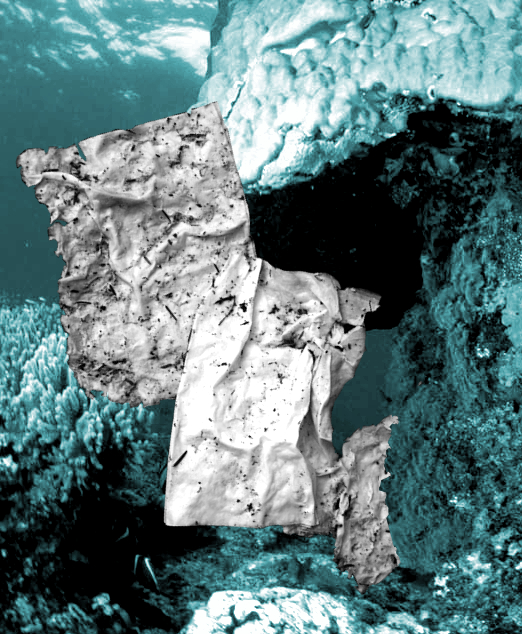Reef plan leaves green groups wanting
 Conservation groups say there are some good points to the new Great Barrier Reef plan, but it ignores the greatest risk of all.
Conservation groups say there are some good points to the new Great Barrier Reef plan, but it ignores the greatest risk of all.
The Queensland and Federal governments launched the Reef 2050 Long-Term Sustainability Plan on Saturday, claiming a breakthrough in recent attempts to prevent the Reef having its World Heritage status changed to “in danger”.
The report plots immediate threats including poor water quality, which has been damaged by nutrient and sediment runoff from agricultural production.
The Queensland Government had water quality worries added to the draft, as it made a $100 million election commitment to combat them.
The report seeks to impose a limitation on the number of large ports on the coastline.
It also includes a ban on new dredge-dumping in the World Heritage Area, but does not include any limits on the amount of ‘maintenance dredging’ that can be carried out.
While the report acknowledges climate change as the biggest long-term threat facing the reef, Greenpeace and the Australian Marine Conservation Society say it includes no plan on how to counter that risk.
The Conservation Society has described the plan as was a wishlist without any action, which ignores the cumulative impacts of a shifting climate.
A Greenpeace spokesperson said the plan still favoured expansion of coal facilities and increased exports over the health of the Reef.
The Queensland Resources Council the new ban on the dumping of dredge spoil would be enough to persuade the World Heritage Committee to keep the Reef off the endangered list.







 Print
Print